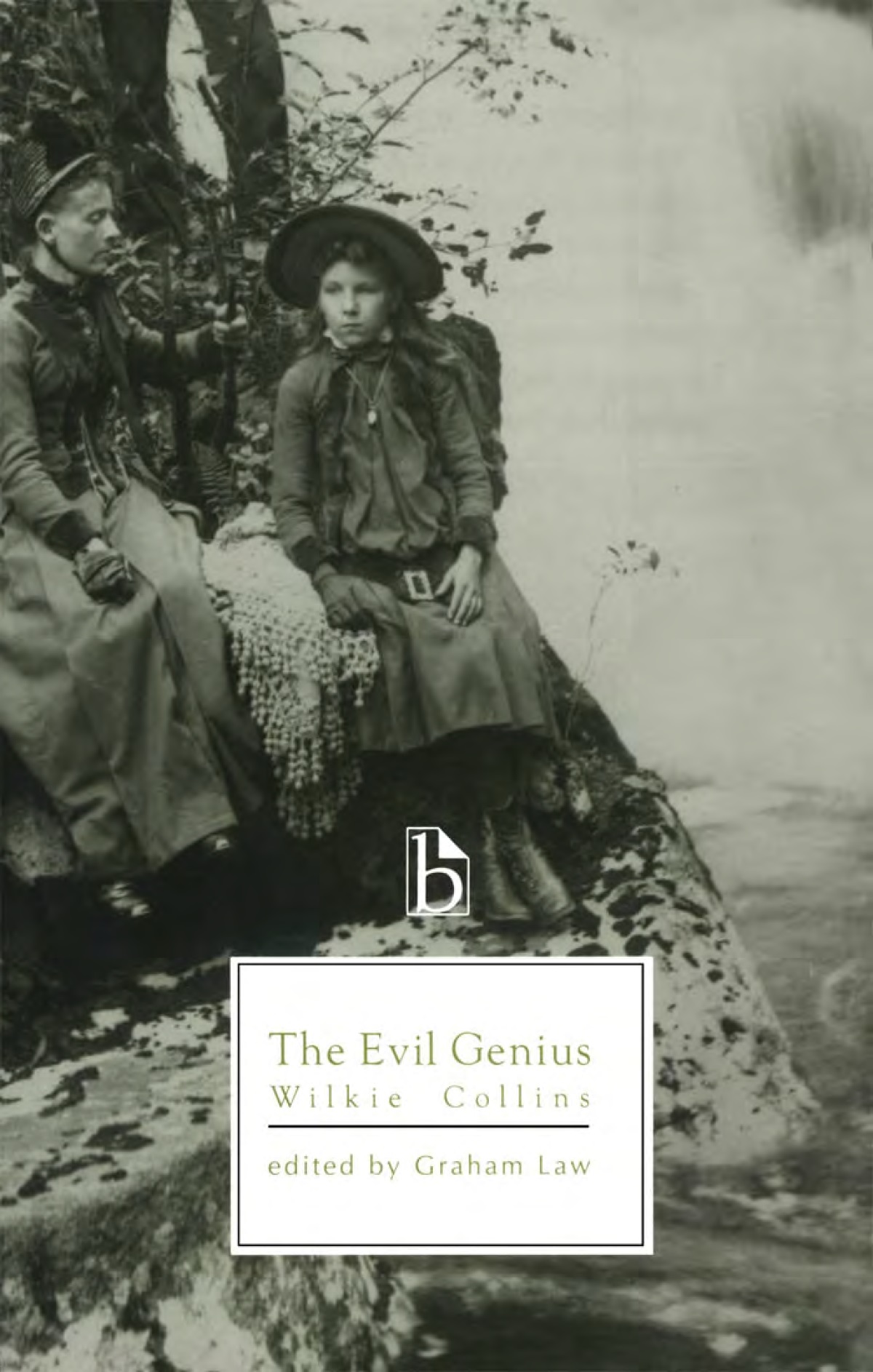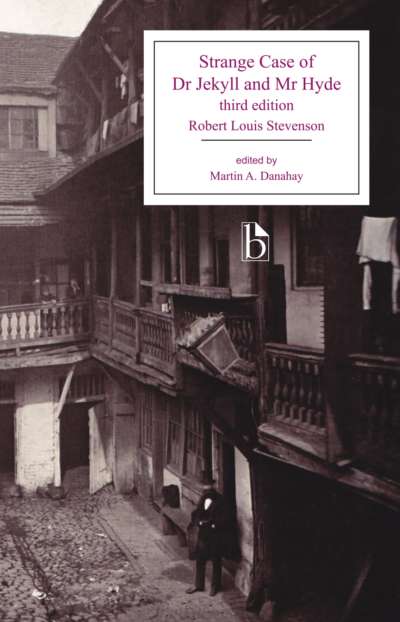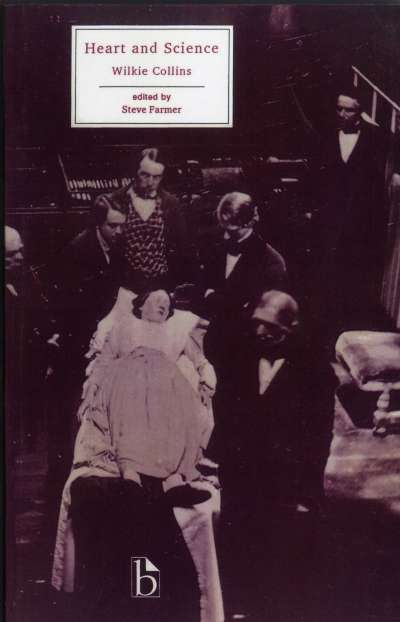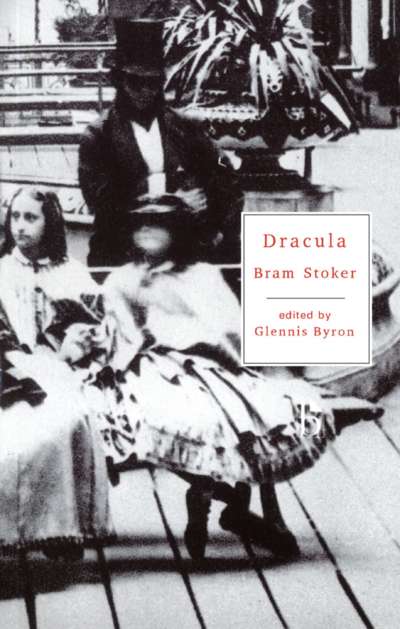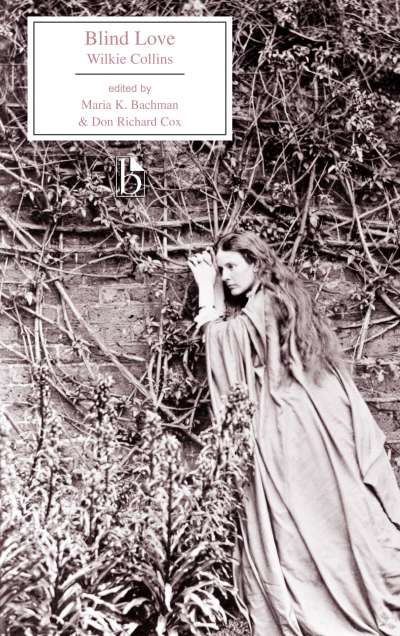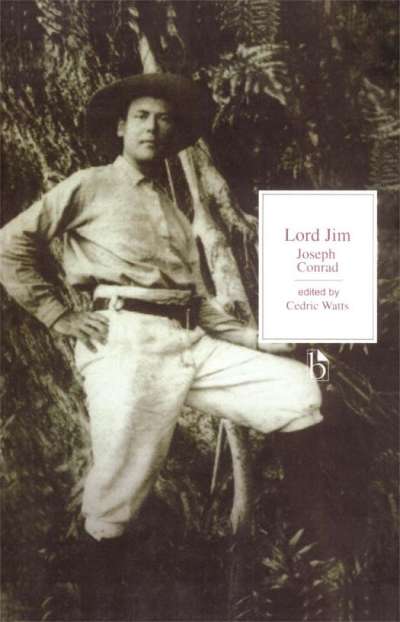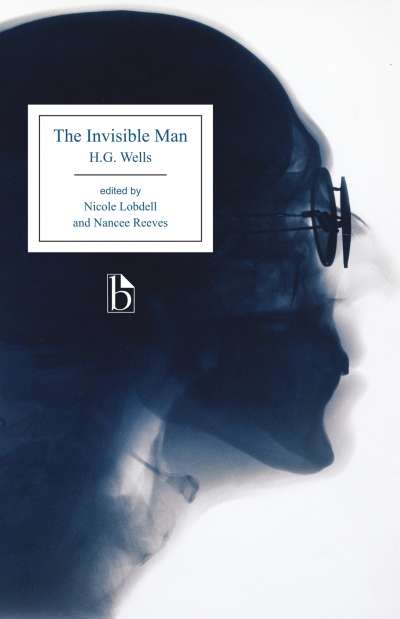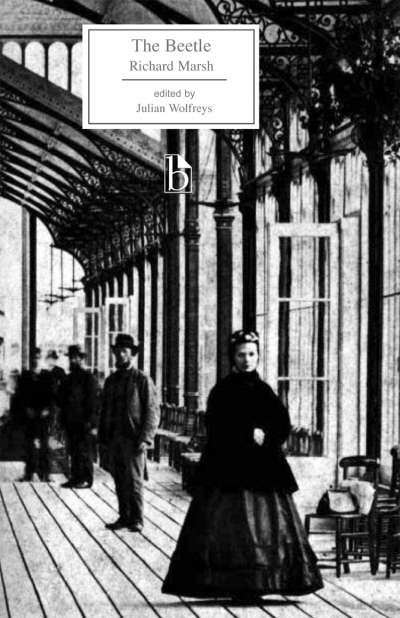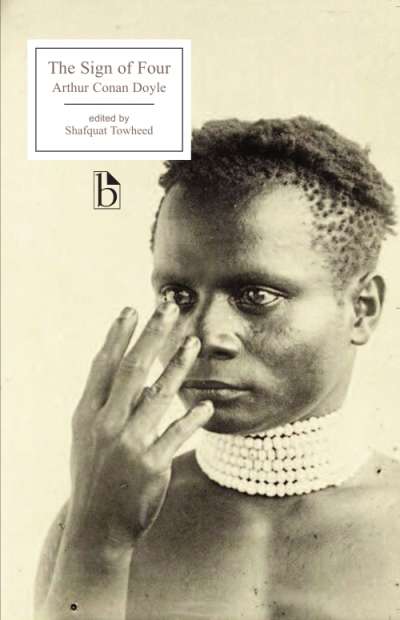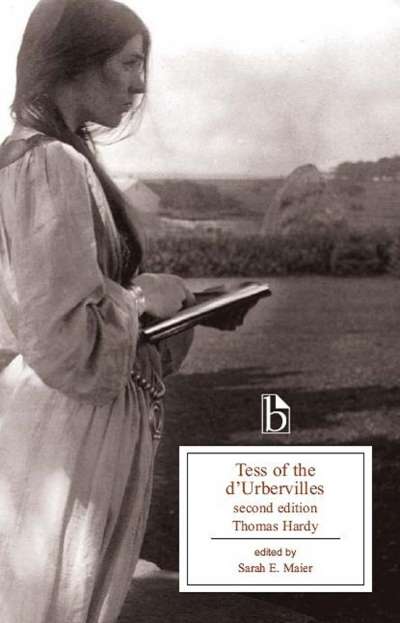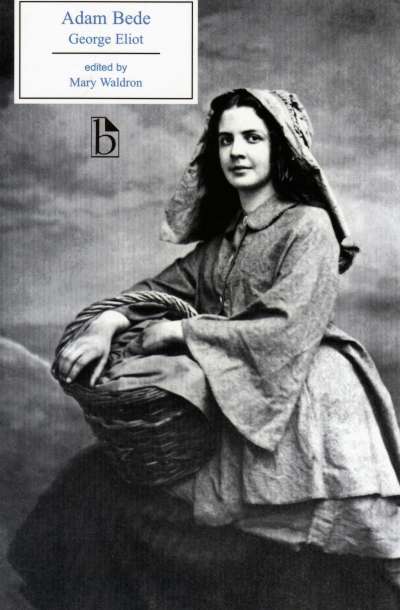Wilkie Collins is best known for his great mystery The Moonstone and The Woman in White—and for a life as sensational as are those novels. (The writer who famously advised other novelists to ‘make ‘em laugh, make ‘em cry, make ‘em wait’ is now known to have kept entire households in different parts of England going simultaneously.) Yet Collins also wrote a succession of extraordinarily powerful novels of private life; of these The Evil Genius is among the finest.
The story is motivated by the attraction between Herbert Linley and the woman he hires as governess for his child Kitty—the long suffering Sydney Westerfield. As one expects with Collins, the story is driven forward with deft assurance. Yet he also treats the theme of adultery and divorce in a manner quite unconventional for his time—and, remarkably, he manages to draw readers into a sympathetic understanding of both of the main female characters: the offending governess and the aggrieved wife.
The Evil Genius was a very considerable success when first published; indeed, it brought Collins more financially than any of his other works. Over a century later its sinews retain the strength to speak powerfully to the reader; lively and intelligent, it is perhaps the finest of Collins’ later novels.
Comments
“Collins’ boldness in drawing sympathetic portraits of both the wife and ‘the other woman’ is astonishingly modern. The novel well deserves to be brought back into print.” — Catherine Peters, Oxford University

